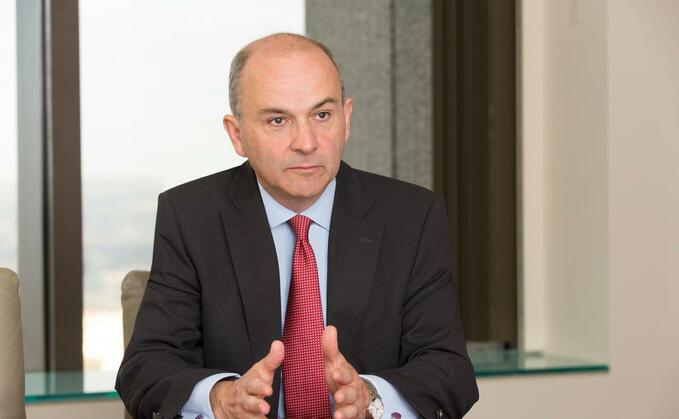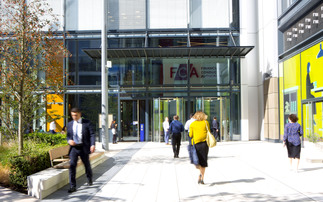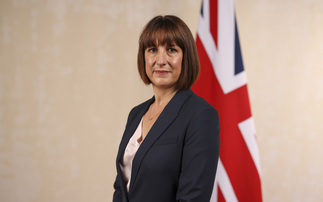
Robert Lind, economist at Capital Group
Weaker economic growth and expectations of lower inflation should allow the Bank of England to stop short of the level anticipated by markets, according to Capital Group economist Robert Lind.
Lind believes short-term fiscal easing will likely encourage the Bank to raise its policy interest rate to around 4% over the next few months.
However, he said conditions may mean the bank doesn't need to meet current market expectations of 4.5% in 2023.
In a briefing published in November, Lind added that the UK's loosened fiscal policy for 2022-23 and 2023-24 — in the form of the energy price guarantee, increases in welfare benefits, and the reversal of the increase in national insurance — looks sensible in the context of the expected recession in 2023.
Backloaded tax increases and spending restraint will, however, mean the next government has the more difficult challenge of implementing "austerity 2.0".
Outlook for 2023
None of this means in a less murky outlook for investment in 2023. That's why Lind will be outlining the prospects for the global economy at an exclusive webinar in January hosted by Investment Week and Professional Adviser.
Alongside two other guest panellists, he will give his views on questions such as:
- How will equities perform in a likely global recession?
- Is fixed income now attractively priced for investors to return?
- Will the US avoid a hard landing?
- Where are pockets of value to be found?














